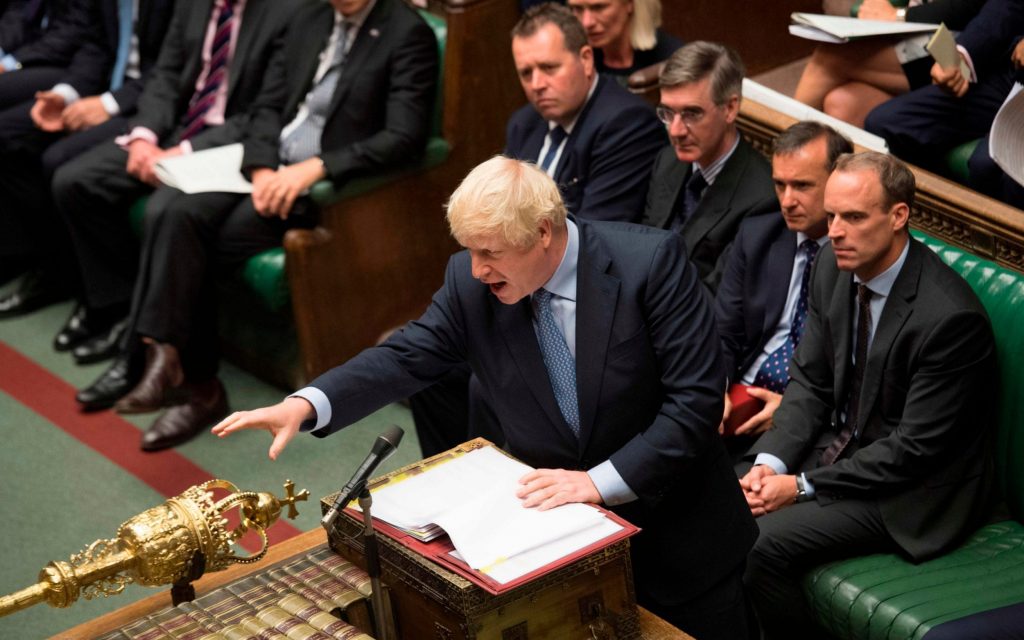
Brexit has been at the centre of the last two British elections and the past legislative term. The UK’s exit from the European Union was characterized by a series of parliamentary setbacks, with several government defeats, continuous rebellions and cross-party agreements made to secure control of the agenda. In the research reported in this article, we analyse the parliamentary Brexit process through careful examination of the 12 indicative votes held in Westminster in 2019 to find an alternative solution to Theresa May’s exit agreement. We map the choices of each MP along two relevant dimensions, connecting them to the socioeconomic structure of their constituencies as well as to the preferences expressed in the 2016 Brexit referendum. Moreover, we associate these parliamentary behaviours – and thus MPs’ attitudes towards compromise and responsiveness – to the gains and losses experienced during the subsequent 2019 general election.
Giuliani, M. (2023). Twelve Votes for an Exit: Compromise and Responsiveness in the Brexit Process. Government and Opposition. An International Journal of Comparative Politics, 58(4): 682-701. doi:10.1017/gov.2021.61
Check the dataset and code


